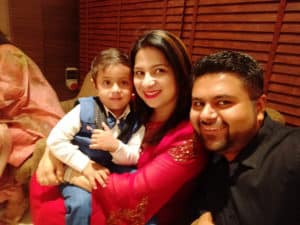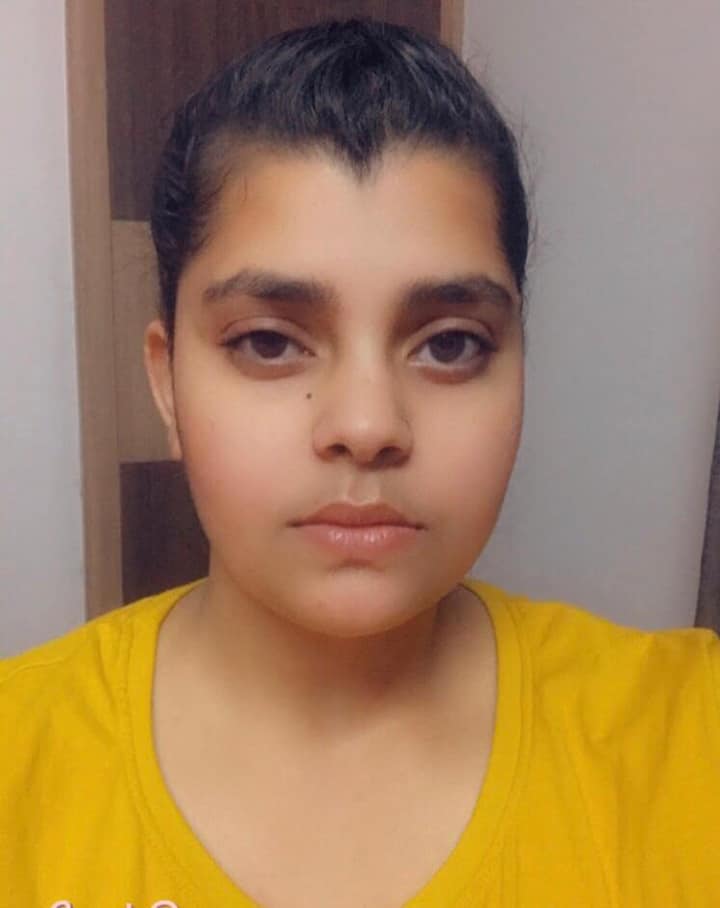Those who survived Covid-19 are donating plasma to save lives. Their message: stay safe, that is the best way to save others
As the old saying goes, the best way out of a crisis is through it. That, however, is not the case with Covid-19: the best strategy is to avoid the crisis by maintaining social distancing if one is to venture out of the confines of home.
At the time of writing this article, the number of Covid-19 cases in India has crossed the two lakh mark. In the last two months, roughly half of patients have recovered while around 5,700 people have died and the rest are the active cases.
Amongst them, the lives of those who survived, infected and now cured, have changed forever. The threat to life is real, now they know. Patriot spoke to some of them and found stories of hope and resilience in the face of calamity.
Shambli, 22, is a third-year student of medicine. She tested positive for Covid-19 on March 17 and has no idea where she caught the infection. At the time she was living with her sister and two other friends in shared rented accommodations in Delhi. Fairly miraculously, none of her co-inhabitants was infected. Shambli, while admitted at a local hospital, responded well to the treatment and was discharged after ten days.
A budding doctor, she was acutely aware of what it meant to be infected. She had a fever and sore throat for the first few days. Fortunately, her respiratory system remained healthy. Mentally strong, Shambli regained confidence within a few days as the treatment was effective. There were days, however, when she felt weak, lethargic. “Those were side effects of the strong medication I was administered,” she says. She felt the side-effects more than the symptoms that are usually associated with Covid-19.
Like Shambli, many positive patients were asymptomatic despite the infection, which is what makes it a silent killer, and therefore dangerous.
Last week she returned to her native home in Jharkhand, and her family is taking due care. She is now under self-quarantine in her home, and as advised by the doctors, is not eating or drinking anything cold. Her family is taking extra precautions. Despite the repressive heat, the whole family is abstaining from using the air-conditioner to Shambli’s consternation. “They are sacrificing their comfort for me,” she says.
Priyanka Wadwa, 33, went to hell and back in the month of April. Her husband, then she herself, followed by her mother-in-law (58), followed by her three-year-old son, all tested positive for Covid-19 on 1, 8, 14, and 16 April respectively.
Her mother-in-law was admitted the day her husband was discharged and was allocated the same bed as her husband in GIMS hospital in Greater Noida. Two days later her son followed. For a week, her son lived away from her, a very distressing phase, “We had never lived apart. I couldn’t sleep at night,” her voice chokes as she recollects. The last person to be released was her mother-in-law on 30 April.
For one whole month, at least one of her family members was in the hospital. She took care of her husband, and her mother-in-law took care of her when her health deteriorated for a few days, and she in turn took care of her, and they both took care of her son. Fortunately, her father-in-law, brother-in-law and aunt-in-law, who live in the same house, escaped the pandemic.

“In the ward it felt like family,” Priyanka explains, “We were some 12 patients in the ward, all taking care of each other.” Most of the people were young, but for her mother-in-law, and “we comforted each other,” she remembers. “I have a new family.”
The hospital staff was very supportive and caring, but she gives credit for her and her family’s recovery to God’s benevolence. “I lit jyot every day. I used surgical cotton to make a wick and butter instead of ghee — as that wasn’t available,” she says.
The Wadhwa family has done their mandatory period of quarantine, but they don’t take any chances, drink warm water, sometimes with turmeric, and take all necessary precautions.
Sudeep Kumar Sharma, 35, is an employee of Noida-based Cease Fire. As many as 19 staff members of this company were tested positive for Covid-19. Sudeep, his wife Jyoti and son tested positive and were admitted to the hospital. Thankfully, all of them made a speedy recovery and were back home within two weeks, on 26 April. He has since donated plasma twice to save the lives of other patients in a critical condition.

Sudeep doesn’t hold his company responsible for the infection, but his own callousness as he commuted on public transport without a mask on. Now, he’s taking all the required precautions, practising social distancing and advises others not to take preventive measures suggested by the government lightly. He sanitises or washes food and other items before storing them, always changes clothes on arriving home, and never repeats clothing without washing it. “Wear masks and don’t touch things when you are outdoors,” he says, “No one is safe. Even those who have had the infection in the past can get it again.”
He feels that “Indians have a better immunity” as most of the cases are not severe, and in many cases asymptomatic. He’s ready for this new normal and has reconciled to the fact that Covid-19 will affect people’s lives well into next year, if not longer.
All those who were hospitalised carry vivid memories of deaths in the wards, usually of the aged or those with prior health conditions (co-morbility). “An aunty (middle-aged woman) with asthma was admitted and she was critical; but she made it in the end, and is cured now,” recollects Priyanka.
Fear has been the overwhelming emotion of those who tested positive for the virus and were hospitialised. Many of them survived, but the memories haunt them and they are not taking it easy. Life is precious, and anything could have happened, anything can happen. “By staying safe, you can save others,” sums up Shambli.
(Cover: Shambli)





